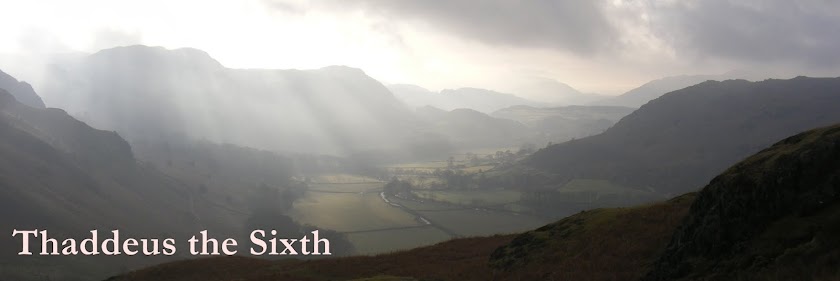Nobles and their titles/roles are very important
historically, as well as being quite useful for a fantasy writer. Of course,
you don't have to borrow titles from history but the general feudal system is
still pretty handy as a template if you're working in a post-ancient,
pre-industrial age.
Rundown of noble ranks:
King
Duke
Marquis
Earl
Viscount
Baron
Baronet
Knight
The baronet and knight are not nobles, but they are a cut
above the yeomanry or peasants (a yeoman is a sort of high status peasant, so
you might have a Yeoman Master of the Hounds, for example).
So, how did these roles come about and what differences, if
any, are there between them?
Starting at the top, the King is an ancient position that
goes back as far as mankind does. Top dog, although in a feudal (or
Macedonian/Spartan, even) system they don't have absolute despotic power
because the nobility have a certain level of autonomy and independence. The
position is usually considered hereditary, but that need not be the case. The
Golden Age Roman Emperors (kings in all but name) were appointed by their
non-paternal predecessors, there was a debate after Alexander's death as to who
would become king and, of course, there's the potential for revolution and
revolt.
Duke and Count (there's a reason the latter's not on the
list, below) both evolved during the latter Roman (and Byzantine) period as
powerful military positions. The old system of proconsuls fell by the wayside
and new, appointed nobility replaced it, just as the consuls and emperors were
replaced by the all-powerful Byzantine basileus (king, though Byzantine
emperors are still what they're usually called). Dukes are very powerful, and
are not infrequently princes or even an additional title of the King.
In Britain,
the Count was replaced by the Earl (an earl's wife is a countess) because of
our unique and Vikingy history. Those who have enjoyed Skyrim will know that
rulers of holds are called Jarls, and it is from that genuine Scandinavian word
that the title Earl is derived.
A Marquis (also spelt Marquess) is below a Duke and above an
Earl/Count. The principle difference to the latter is that a Marquis' territory
is called a March, and is often in an area that is prone to invasion and in
need for a strong and capable man who can handle military difficulties.
Viscount is simply a lower form of Count, and can also be
used as a courtesy title for the heir to an Earl or Count (as happened in Bane of
Souls with Vicomte Henri).
Baron is the lowest form of nobility, and was introduced to
England by William the Bastard to distinguish those who had proven loyal (it's
little remarked upon but the war continued after 1066 with Edgar the Aetheling
actually becoming the next King of England before being crushed by William).
Thaddeus

















